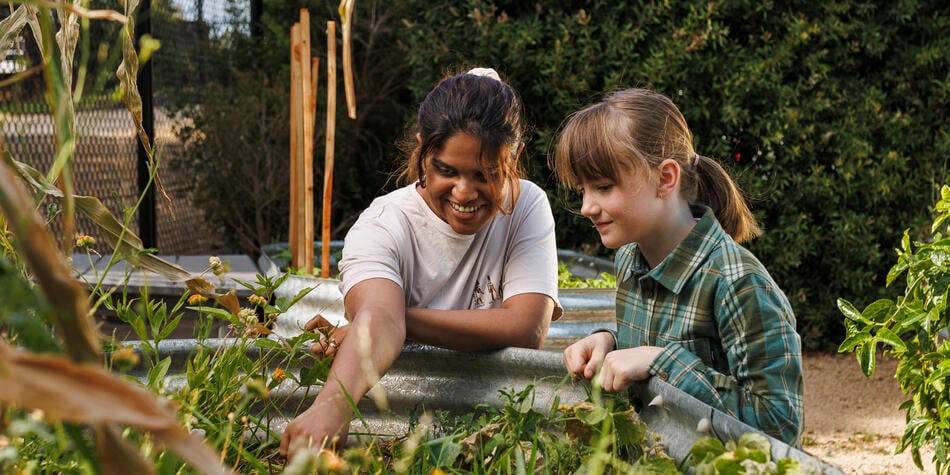
About the network
The Sustainable Health and Environment Network (SHEN) is an initiative led by Deakin’s Faculty of Health. We deliver research, education and partnerships relating to the overlapping themes of enabling a sustainable world and improving health and wellbeing.
Our priorities closely align to global and local mandates for change, including the United Nation’s Sustainable Development Goals.
The network brings together educators, researchers, community stakeholders and industry leaders to address sustainable health challenges, including climate change, environmental degradation and unsustainable living.
The SHEN is guided by the SHEN Committee and chaired by Deakin Distinguished Professor Rachel Huxley. The SHEN Coordinator is Kerryn Lester-Smith.

